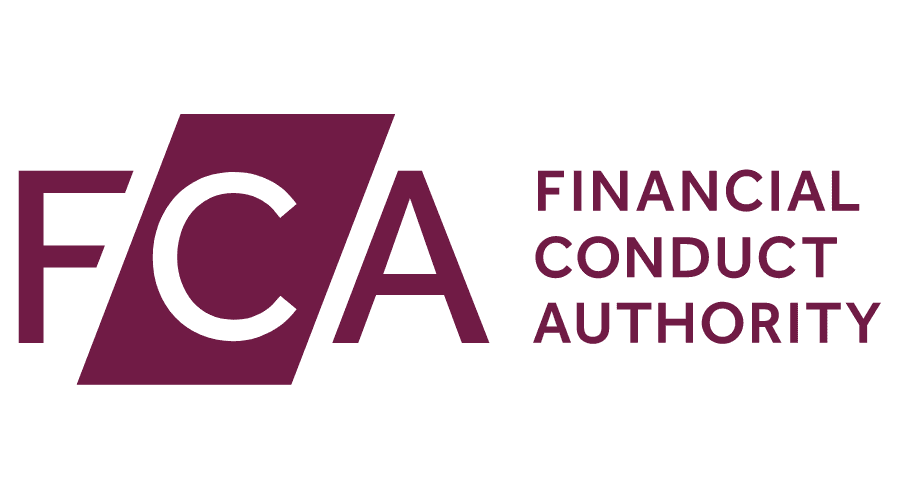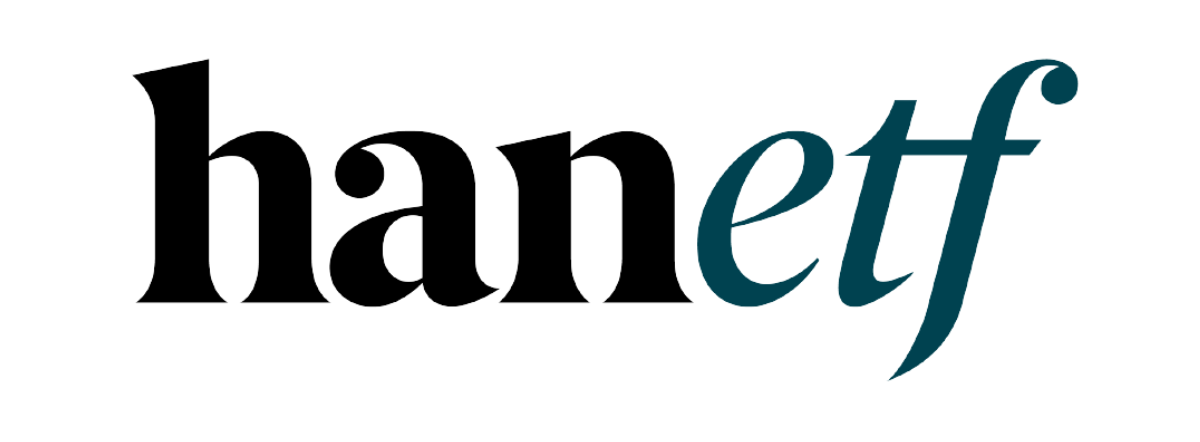The UK government has set out plans to cultivate the use of stablecoins, DeFi and NFTs among other areas as part of its mission to make Britain a ‘global hub’ for crypto asset investment and innovation.
Its most immediate step is a move to recognise stablecoins as a valid form of payment. The UK government said it will bring these crypto assets, which are normally pegged to a fiat currency such as the US dollar, within the payments regulatory bubble to allow issuers and service providers to operate and invest in the UK.
“By recognising the potential of this technology and regulating it now, the government can ensure financial stability and high regulatory standards so that these new technologies can ultimately be used both reliably and safely,” the government’s announcement read.
Other measures announced by economic secretary to the Treasury John Glen on Monday include the introduction of a financial market infrastructure ‘sandbox’ to enable firms to experiment and innovate in providing the infrastructure underpinning crypto asset markets.
In particular, the government is looking to test the “potentially transformative benefits” of distributed ledger technology (DLT) in UK financial markets and more specifically in the context of sovereign debt instruments.
Regarding financial support for the sector, the government said it will consider ways of making the tax system more attractive to crypto industry participants including a review of how decentralised finance (DeFi) loans are treated for tax purposes and a consultation on extending the tax advantages of the Investment Manager Exemption to include crypto assets.
The government also committed to greater collaboration with the industry, with the economic secretary to establish and chair a Cryptoasset Engagement Group to invite key regulatory and industry figures to consult the government on issues within the crypto industry.
The Financial Conduct Authority (FCA) will also host a two-day ‘CryptoSprint’ consultation in May where it will elicit feedback from industry members on the development and future of crypto assets.
In a symbolic step, Chancellor Rishi Sunak (pictured) also commissioned the Royal Mint to create a non-fungible token (NFT) this summer to illustrate the UK’s forward-looking attitude to the wider crypto ecosystem.
On Monday, the Chancellor said: “It is my ambition to make the UK a global hub for crypto asset technology, and the measures we have outlined today will help to ensure firms can invest, innovate and scale up in this country.
“We want to see the businesses of tomorrow – and the jobs they create – here in the UK, and by regulating effectively we can give them the confidence they need to think and invest long-term.
“This is part of our plan to ensure the UK financial services industry is always at the forefront of technology and innovation.”
However, this receptive attitude to crypto assets is a far cry from the largely suspicious tone taken by the likes of the FCA to-date – especially after the regulator followed a ban on retail access to crypto exchange-traded products (ETPs) by stating crypto investors should prepare to “lose all their money”.
Hector McNeil, CEO and co-founder of HANetf, which has co-launched several crypto ETPs, argued: “I am not sure any foray into this space by a government will succeed if their aim is to take control. Another step is they should reverse the FCA decision to ban retail from crypto ETPs.”
Agreeing, Bradley Duke, CEO and co-founder of crypto issuer ETC Group, previously told ETF Stream, ETPs offer investors an added layer of security by removing the need to think about key encryption, custody and managing wallets during crypto investments.
“An ETP structure allows somebody to buy and sell and then everything gets stored and all the complexity gets handled by the broker and the issuer further upstream,” Duke explained.
However, the UK government’s failure to mention the ETP ban in its recent announcement runs the risk of firms such as ETC Group focusing their business elsewhere.
“These new companies will not want to open up shop in the UK if they feel that there is a regulator with an unfavourable view of the asset class and ultimately, there will be hundreds if not thousands of jobs that will go elsewhere – whether it is Germany or the Netherlands or Sweden or Switzerland,” Duke argued.
The Treasury’s John Glen noted the government will hold an additional consultation on crypto regulation later this year.
Related articles





